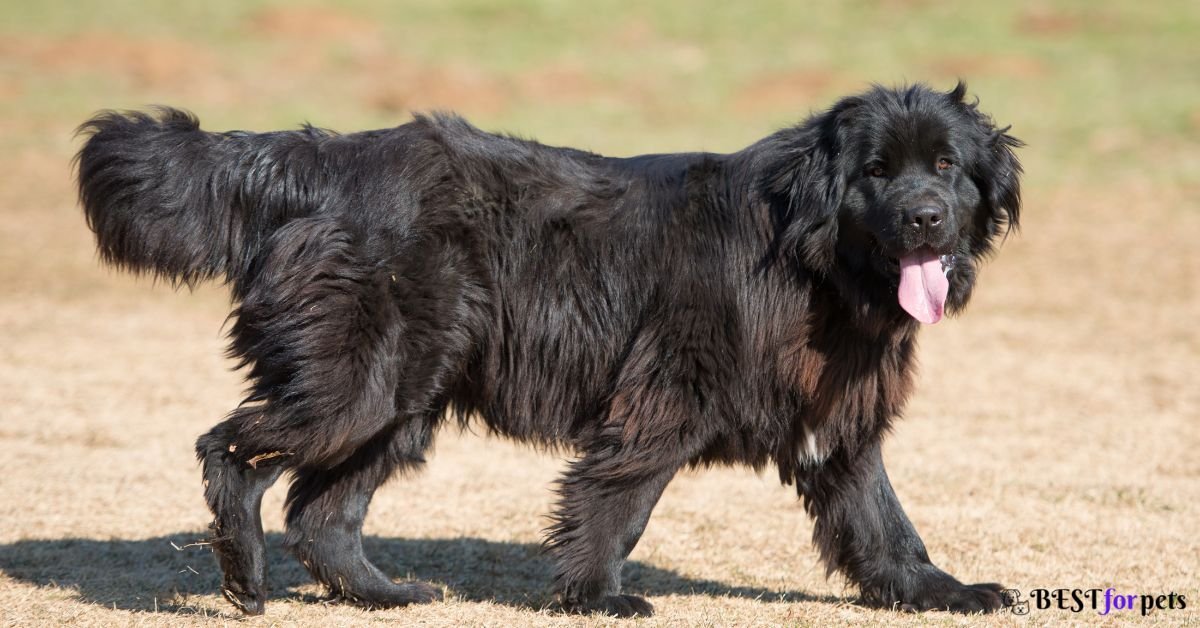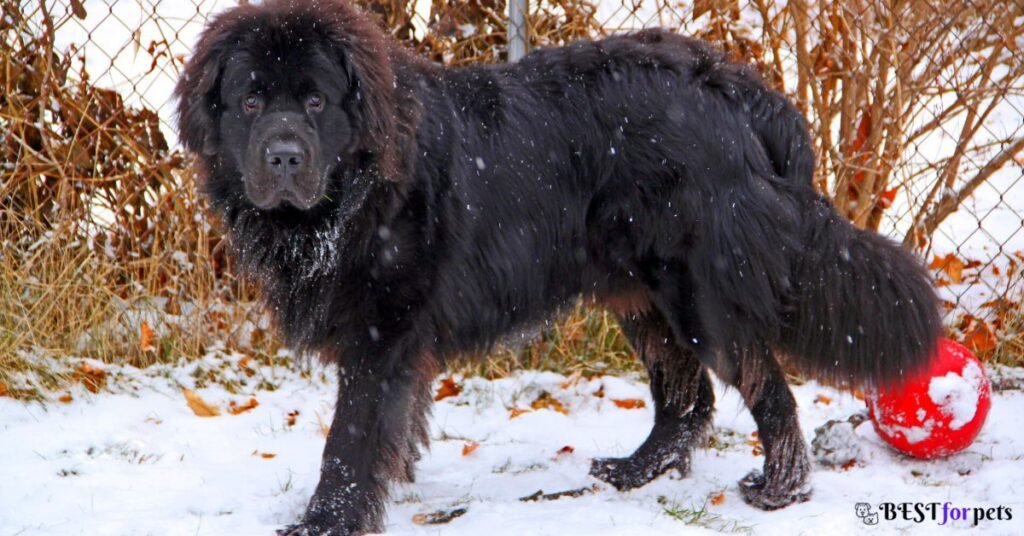//Prices//
Newfoundland Dog Price In India

The price of a Newfoundland Dog in India can vary depending on various factors such as the breeder’s reputation, location, and the puppy’s lineage. On average, Newfoundland Dog price in India can range between Rs 60,000 to Rs 200,000.
Various Factors That Affects The Price Of Newfoundland Dog
The price of a Newfoundland Dog can vary depending on several factors. Here are some of the most common factors that can affect the price of a Newfoundland Dog:
Breeder reputation:
A reputable breeder who has a history of producing healthy, well-tempered dogs may charge more for their puppies than a less reputable breeder.
Pedigree:
A Newfoundland Dog with a well-documented pedigree that includes champion bloodlines may be more expensive than a dog with no pedigree.
Age:
The price of a Newfoundland Dog can vary depending on its age. Puppies are generally more expensive than adult dogs.
Gender:
Female Newfoundland Dogs are often more expensive than males because they are in higher demand for breeding.
Coat color:
Some coat colors, such as black and brown, are more common than others, such as gray and white, which can make them more expensive.
Location:
The price of a Newfoundland Dog can vary depending on the location of the breeder. Dogs in urban areas may be more expensive than those in rural areas.
Demand:
The popularity of the breed can also affect the price. If there is high demand for Newfoundland Dogs, the price may be higher.
An Introduction To Newfoundland Dog
History of the Newfoundland Dog
The Newfoundland Dog has a rich history that dates back to the 18th century. They were originally bred by fishermen in Newfoundland, Canada, for their strength and endurance. These dogs were used to pull fishing nets, haul carts, and even rescue people from the water.
The Newfoundland Dog’s swimming ability is one of its most well-known traits, and it was a crucial skill in the dog’s early days when it was used to retrieve items that had fallen overboard.
The breed became popular in England in the 19th century, and it was during this time that they began to be bred for show rather than work. They were recognized by the American Kennel Club in 1879, and they have since become a popular breed in the United States.
The appearance of the Newfoundland Dog
The Newfoundland Dog is a large breed, with males typically weighing between 130 and 150 pounds and females weighing between 100 and 120 pounds. They have a thick, heavy coat that is water-resistant and helps them stay warm in cold weather. Their coat can be black, brown, gray, or white and black.
One of the most distinguishing features of the Newfoundland Dog is its massive size. They have large, broad heads, and their bodies are muscular and powerful. Their webbed feet and strong legs make them excellent swimmers, and their tails are long and fluffy.

The personality of the Newfoundland Dog
The Newfoundland Dog is known for its sweet and gentle nature. They are friendly and affectionate towards their family members and are great with children. These dogs are loyal and protective, and they make excellent watchdogs. However, despite their size, they are not aggressive and are generally good with other animals.
Newfoundland Dogs are intelligent and eager to please, which makes them easy to train. They enjoy learning new things and are great at obedience and agility training. They are also very adaptable and can live in a variety of environments, from small apartments to large houses with lots of lands.
Grooming for the Newfoundland Dog
Newfoundland Dogs have thick, heavy coat that requires regular grooming. Brushing their coat a few times a week will help prevent matting and keep their coat looking healthy and shiny. They also need to be bathed regularly to keep their coat clean and odor-free.
Newfoundland Dogs are prone to ear infections, so it’s important to clean their ears regularly. They are also prone to hip dysplasia and other joint problems, so it’s important to keep them at a healthy weight and provide them with plenty of exercises.
Frequently Asked Questions
How big do Newfoundland Dogs get?
Newfoundland Dogs are a large breed of dog and can grow to be up to 28 inches (71 cm) tall at the shoulder and weigh up to 150 pounds (68 kg).

